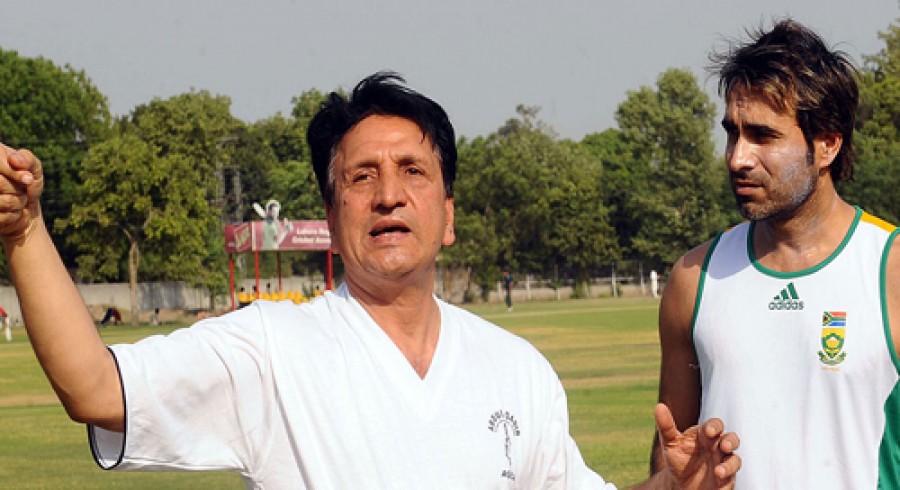Legendary leg-spinner believes squad is selected on the basis of performances in PSL

Legendary leg-spinner Abdul Qadir lashed out at the Pakistan Cricket Board (PCB) and the team management over the selection of the team for the tour of Ireland and England.
The Men in Green are due to face Ireland from May 11 in Dublin followed by a two-Test series with England.
Qadir, who represented Pakistan in 67 Tests and 104 ODIs and claimed 368 wickets combined, has expressed his views while talking to the national television channel, and claimed that players were selected on the basis of performance in the Pakistan Super League (PSL), and not on the basis of their performances in first-class cricket.
“I think the team was selected on the basis of the performances in PSL, which is completely wrong,” said Qadir. ‘I don’t understand what is the point of a player playing in a tournament like Quaid-e-Azam Trophy when you select a Test team on the basis of a T20 tournament. Performers in the PSL should get priority in the T20I team, not in the Test squad. I also don’t understand how you can avoid seasoned performers like Fawad Alam, Ahmad Shehzad and Umar Akmal.”
Qadir further went on to criticise chief selector Inzamamul Haq over the selection of his nephew Imamul Haq by saying: “Inzamam himself said that Imam was selected by Mickey Arthur. If the selection is to be done by the coaching staff, what is the selection committee doing there?”
The legendary spinner also said that the Pakistan-India bilateral series should take place in the near future, as this is something which cricket lovers in both countries want.
“I believe Pakistan-India cricketing ties should resume as it is bigger than Ashes,” he said. “I think what Indian government is doing by mixing politics with sports is completely wrong. But for the betterment of the game, cricketing ties between the arch-rivals should resume sooner rather than later.”